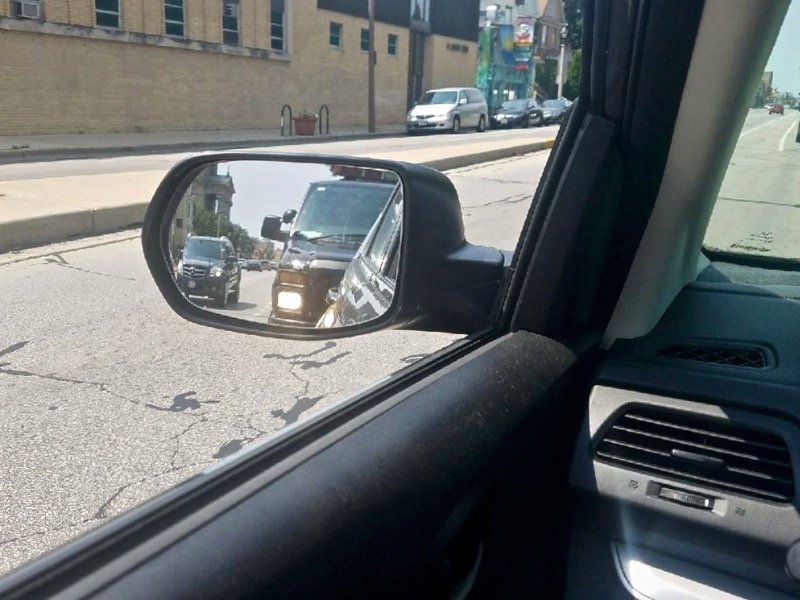It may seem callous to say, but a tragedy like the one at the Sikh temple on Sunday is like a massive shot of adrenaline in newsrooms in the area where the event took place.
And that tragedy is the kind of thing that shows both the best and the worst of media outlets covering the event.
In 1985 I was the managing editor at Channel 12 news when a Midwest Express plane crashed shortly after takeoff from Mitchell Field. All 31 people aboard the plane were killed.
From the moment of the first report of the crash newsrooms were faced with almost countless decisions, both big and small, and a thousand factors that have an impact on those decisions.
Milwaukee's television stations moved quickly on Sunday when the first reports of the shooting surfaced. Even though it was a Sunday, there were plenty of resources devoted to covering the event.
Things have changed since that airline crash. Social media and the number of media outlets have had a dramatic impact on newsrooms of both television stations, online outlets and newspapers.
Let me try and explain the process and some of the dynamics that take place during an event of this kind:
The first two things you are faced with are announcing the event and marshaling resources to cover things and bring information to the public. All it takes is a simple confirmation from some authoritative source to go ahead with the initial report. What constitutes an authoritative source can sometimes be open to interpretation. But once the decision is made to go, the real action starts.
Let's use yesterday as an example and you can see many of these things in the coverage from Milwaukee's four TV stations.
The first thing is to call all hands on deck. Sunday is a mild day in newsrooms and a lot of people have the day off. Whoever is in charge needs to get everyone to drop their barbecue tongs and get to the station.
Then begins the incredible scramble for information. Often it's hard to get information from police or other first responders. First of all, they are usually involved in helping people and talking to reporters is the last thing in their mind.
But the media is a hungry beast that must be fed with information, and the danger is that the competition will drive the dissemination of facts that sometimes aren't facts at all, but are really mere speculation.
Television stations are consumed with the desire to be the first on the air with something. And that lust often leads to hyperbolic reporting during a situation like this.
Sunday we heard reports of multiple shooters, over 30 victims, booby traps, racial epithets, bombs and other reports that were inaccurate. TV stations generally err on the side of too much information. They try to be careful but the pressures on whoever is making the call is huge.
I think the local TV stations did a commendable job covering the story yesterday. They only really had two sites to worry about, the shooting site and the Cudahy neighborhood where the suspect lived.
Were mistakes made? Of course there were. But it's both natural and to be expected when being first becomes almost as important as being right.
With a history in Milwaukee stretching back decades, Dave tries to bring a unique perspective to his writing, whether it's sports, politics, theater or any other issue.
He's seen Milwaukee grow, suffer pangs of growth, strive for success and has been involved in many efforts to both shape and re-shape the city. He's a happy man, now that he's quit playing golf, and enjoys music, his children and grandchildren and the myriad of sports in this state. He loves great food and hates bullies and people who think they are smarter than everyone else.
This whole Internet thing continues to baffle him, but he's willing to play the game as long as OnMilwaukee.com keeps lending him a helping hand. He is constantly amazed that just a few dedicated people can provide so much news and information to a hungry public.
Despite some opinions to the contrary, Dave likes most stuff. But he is a skeptic who constantly wonders about the world around him. So many questions, so few answers.







